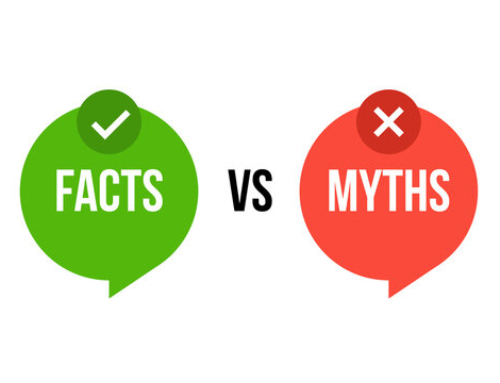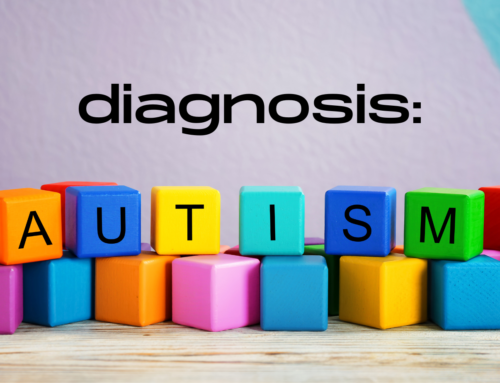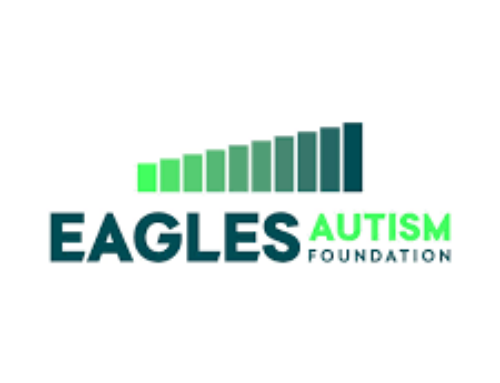Exploring Options for Young Adults with Autism
The transition from adolescence to adulthood can be challenging for anyone, but for young adults with Autism Spectrum Disorder (ASD), it often presents a unique set of hurdles. These individuals may face difficulties in areas such as education, employment, independent living, 
1. Higher Education and Vocational Training
Many young adults with autism are capable of pursuing higher education, though they may require tailored support to succeed. Colleges and universities often offer services such as tutoring, academic accommodations (e.g., extra time on tests), and access to assistive technologies to help students with ASD thrive. Additionally, some institutions have specialized programs that cater specifically to students with autism, providing support in areas like social skills, time management, and independent living.
For those who may not wish to pursue a traditional college path, vocational training programs offer an excellent alternative. These programs focus on teaching practical skills that can lead to employment in specific industries, such as technology, healthcare, or the arts. Vocational programs often provide hands-on learning experiences and may include job placement services, giving young adults with autism a valuable foothold in the workforce.
2. Employment Opportunities
Employment is a crucial step toward independence, and many young adults with autism are eager to find meaningful work. However, the traditional job market can be difficult to navigate, especially for individuals with challenges related to communication, social interaction, or sensory sensitivities.
Fortunately, more companies are recognizing the unique strengths that individuals with autism bring to the workplace. For instance, some individuals with autism excel in tasks that require attention to detail, pattern recognition, or routine. Companies such as Microsoft, SAP, and Walgreens have implemented initiatives to hire and support individuals with autism, offering inclusive work environments and accommodations to meet their needs.
In addition to these corporate initiatives, there are supported employment programs designed specifically for individuals with disabilities, including autism. These programs often pair participants with job coaches who provide assistance in job training, interview preparation, and workplace integration. Supported employment helps bridge the gap between the job market and individuals who need extra guidance to succeed.
3. Independent Living and Housing Options
Independent living is a significant milestone for many young adults, and for those with autism, there are various housing options tailored to different levels of support needs. Some individuals with autism are fully capable of living independently, perhaps with occasional help from a family member or support worker. Others may require more structured living arrangements.
Options for housing include supported living communities, where individuals with autism can live independently while having access to on-site support staff as needed. Group homes are another option, offering a shared living space with other individuals who have similar needs, along with staff who provide daily care and assistance.
Additionally, there are transition programs specifically designed to teach young adults the skills needed for independent living. These programs focus on areas such as budgeting, cooking, transportation, and personal care, helping individuals gain the confidence and abilities necessary for self-sufficiency.
4. Social Integration and Community Engagement
Social integration is often one of the most challenging aspects of adulthood for individuals with autism, but there are many programs and activities aimed at fostering community engagement and social interaction. Social skills groups, recreational programs, and autism-specific clubs can provide opportunities for young adults to build friendships, develop communication skills, and engage in group activities.
Many communities also offer inclusive recreational programs, such as sports leagues or art classes, that welcome individuals with autism. These programs not only promote physical and mental well-being but also help build a sense of belonging and inclusion.
Conclusion
Young adults with autism face a range of challenges as they transition into adulthood, but they also have a wealth of opportunities available to help them succeed. Whether pursuing higher education, entering the workforce, learning to live independently, or engaging in community life, the key to success lies in providing individualized support tailored to each person’s strengths and needs. By accessing the right resources and programs, young adults with autism can achieve a fulfilling, independent life and make valuable contributions to society.





